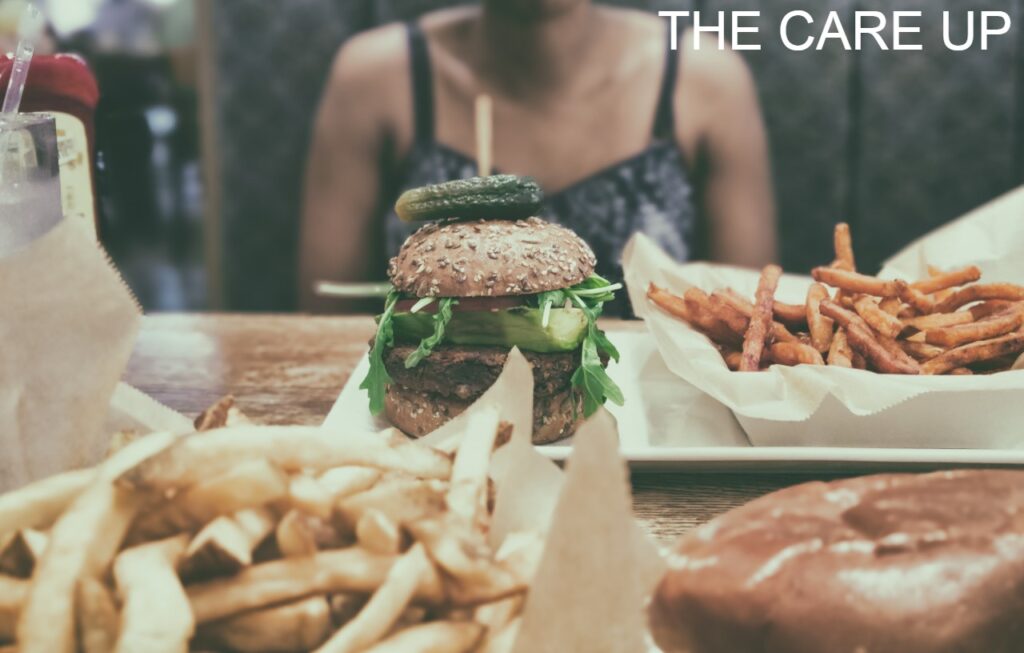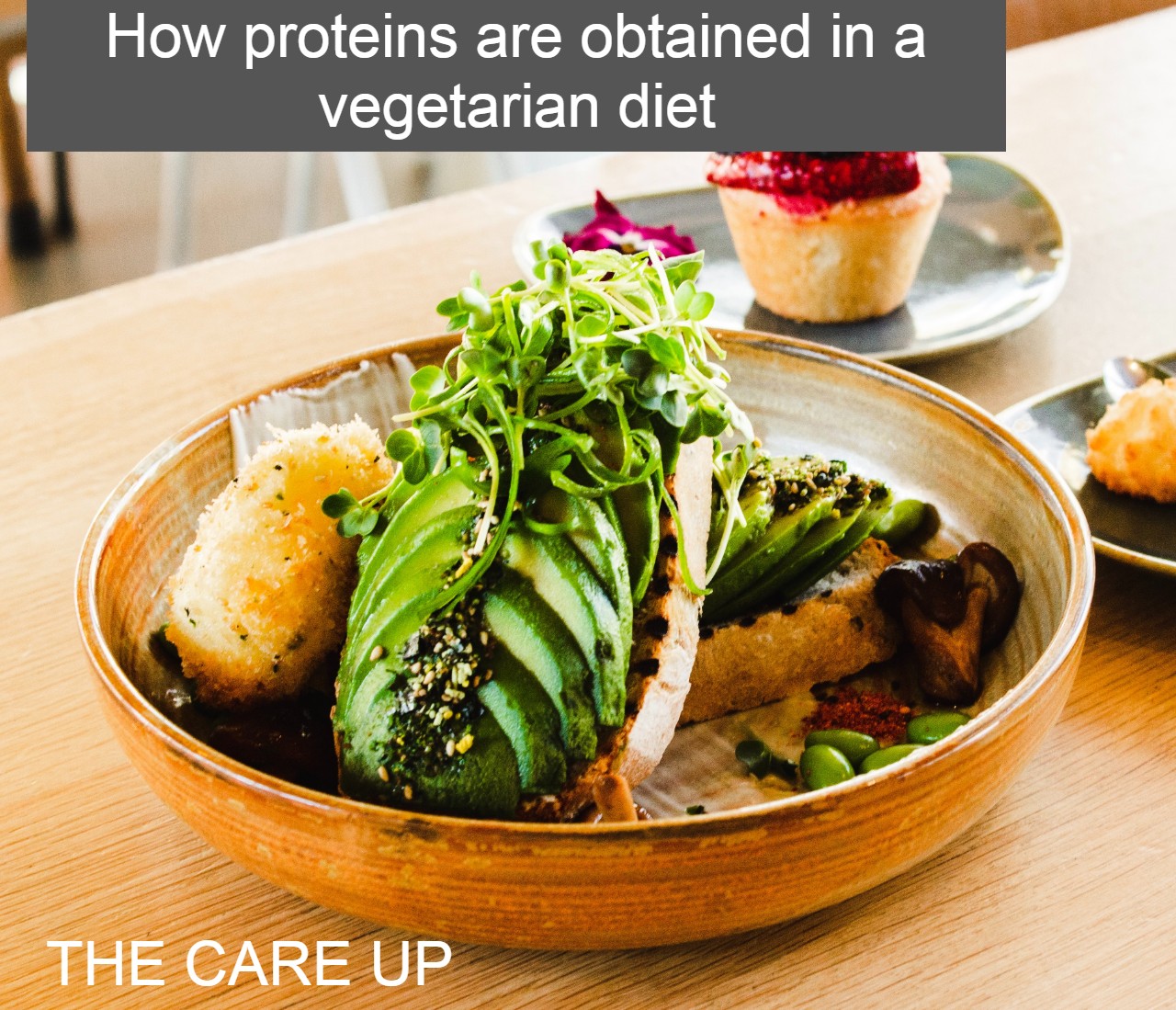Vegetarian diet
One question that those of us who eat everything usually ask ourselves is. How are proteins obtained in a vegetarian diet? To answer it, the first thing we must know is:
What are proteins?
The food we eat is processed by our body, from being protein to becoming amino acids (which is what protein is made of). Twenty- two amino acids are known, fourteen of the “non-essential” and eight “essential” (this means that we can only get them through what we eat).
The essential amino acids are called valine, leucine, isoleucine, phenylalanine, threonine, lysine, cysteine , and methionine and in order to say that we have a balanced diet, all these amino acids must be present in our diet.
For this reason we have the general belief that meat is an excellent source of protein, as it contains all eight essential amino acids , but when you choose to eliminate this food from our diet, you can get it from other foods.
It should also be borne in mind that there are different ways of eating a vegetarian diet that are more or less strict when it comes to restricted foods:
Ovolácteo-vegetariano :
they are those that do not eat meat but do consume eggs and dairy products. Proteins are easier to obtain in this group because eggs are rich in B vitamins, iron, and other minerals, and dairy is an almost essential source of calcium, phosphorus and vitamins A and D. In this group we can include two plus:
Dairy-vegetarian :
they do not eat meat or eggs, but they do eat milk, therefore one of the ways in which they can obtain protein is through milk.
Ovo-vegetarian :
only take eggs.
Vegans :
people who have decided not to eat meat and what comes from animals, be it food or fur, among other things. In this group, obtaining proteins is more difficult, but not impossible.
How Proteins Are Made in a Vegetarian Diet: Alternatives to Meat
Aside from getting the nutrients from greens and vegetables, there are other sources from which you get not only protein but also nutrients. Let’s see how proteins are obtained in a vegetarian diet without consuming meat or fish.
Legumes
lentils, peas, beans, chickpeas, green beans, peanuts, and soybeans. It should be noted that soy is the one with the most protein and essential amino acids since 250 g of soy provides us with 30% of the recommended daily amount. Soy derivatives are also recommended, such as tofu that contains 65% of the recommended daily amount.
Nuts
almonds, cashews, hazelnuts, chestnuts, all kinds of nuts, etc. They have a high content of minerals that the body quickly absorbs, giving us benefits such as phosphorus, potassium, calcium, iron and magnesium.
Cereals
rice, wheat, barley, oats, quinoa , rye, spelled, corn, … It is better to consume them whole since they have the “shell” and this is fiber.
Seeds
pine nuts, pistachios, pumpkin and sunflower seeds, sesame and flax. They are sources of fiber, B vitamins, vitamin E, calcium, phosphorous, potassium and iron.
Egg
it is a very complete food. The most notable are the proteins that are considered of high biological value (they are the type that our organism makes the most of). They contain omega-3s and minerals such as iron, phosphorus, potassium, and magnesium, and vitamins as necessary as B2 (folic acid).
Another thing we should know is that when we combine cereals with the proteins of legumes we can get better quality proteins. A well-known example is lentils, when we combine them with rice their quality and quantity of protein is higher than if we combined lentils with chorizo.

The vegetarian diet Is it as healthy as it appears?
People who have chosen to eliminate meat and fish and follow a vegetarian diet have benefits such as:
Low contribution of saturated fats from animal products, therefore the total cancellation of cholesterol that we receive from animals.
More fiber in the diet, even more if whole grains are consumed, which has been associated with a lower occurrence of prostate and colon cancer.
Helps prevent obesity .
Even so, not all are advantages, because if this type of diet is not carried out correctly, there is a risk of nutrient and mineral deficiencies and therefore of falling ill.
The main deficiencies that could be had in a vegetarian diet are:
Insufficiency of Omega 3 and 6 fatty acids. When not eating fish in the vegetarian diet, emphasis should be placed on obtaining it differently. For example, it can be obtained from olive oil, nuts, and flax (either in seeds or oil).
Lack of vitamin B12.
This is perhaps the most difficult to obtain in a “natural way” since it can only be obtained from meat products and eggs and milk, but in less quantity, so nutritional supplements would have to be used (for example, taking milk – They are of animal or vegetable origin, in the case of vegans – enriched with vitamin B12 or the incorporation of algae into our diet, specifically Spirulina is the one that would give us the most vitamin B12.
 The Care Up
The Care Up




